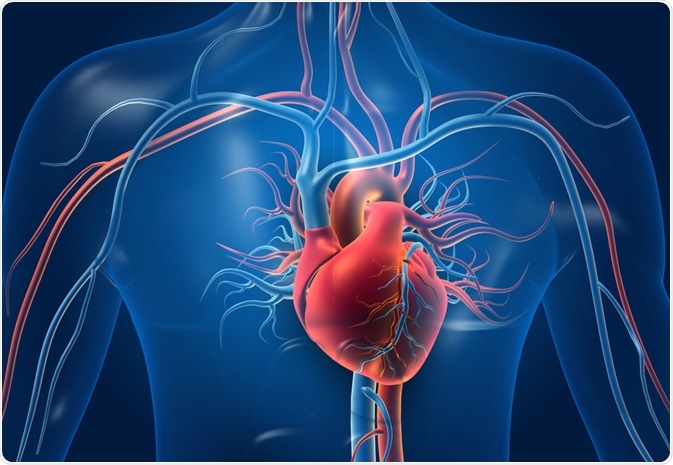True or false: Digestion is the process that breaks down food into smaller pieces the body can use.
True
What is the structure in our bodies that is a pump made of muscles?
The heart

Your skeleton is made up of what? TWO THINGS, bonus points for getting them both!!!!! (Hard structure inside the body, and a strong and flexible material)
Bones and Cartilage
What is the hard cover on the outside of many insects called?
Exoskeleton
True or False: Blood is blue when it is in the human body.
False! People think blood is blue because of an optical illusion caused by how light interacts with our blood vessels and skin.
What is the first step in digestion? Also referred to as mechanical digestion.
Chewing
Fill in the blanks:
Veins carry blood ___________ the heart, and arteries carry blood ___________ from the heart.
Veins carry blood toward (to/back to) the heart, and arteries carry blood away from the heart.
What is special about the bones in a bird's wings?
They are hollow
How are clams and oysters' soft bodies protected?
They have hard shells on the outside of their bodies.
What is the key thing that the small intestine does?
Absorbs nutrients from food to be used by the body.
What 2 things does your stomach have that help break down food? (Partial points given)
A lining of muscles (muscles) and stomach acids (enzymes/acids)
What happens every time your heart beats?
Blood moves through the body.
What 3 things do fins help fish do? (partial points awarded)
Fins help fish:
Move, Steer, and Balance
How many joints do insects have in their legs?
6
What is an example of a creature that might have a mouthpart (instead of a beak or mouth)?
Mosquito, bee, fly, etc
Why is the large intestine called the large intestine, when it is shorter than the short intestine? (The large intestine is around 5 feet long, the small intestine is around 22 feet long.)
The large intestine is called the large intestine because it is wider than the small intestine!
What do capillaries do?
They connect the arteries to the veins.


In this muscle pair, is the muscle marked with an X a relaxed muscle or a contracted muscle?
Relaxed muscle
How do MOST animals protect themselves?
By moving/running away from predators
How do frogs and earthworms take in water?
Through their skin
How long can food waste remain in the large intestine before leaving the body?
________ hours to __________ days
4 hours to 3 days
Bonus Question!
How do fish breathe underwater?
They have gills that take in the oxygen in water.
What kind of joints do you have in your elbow and knee?
Hinge Joint
What is another specific example of an animal and how it protects itself? (cannot use clam/oyster or an animal that runs away from predators)
Answers will vary, at Ms. Crichton's discretion.
What is the word for the mush of food and saliva that is swallowed and pushed down the esophagus?
A bolus